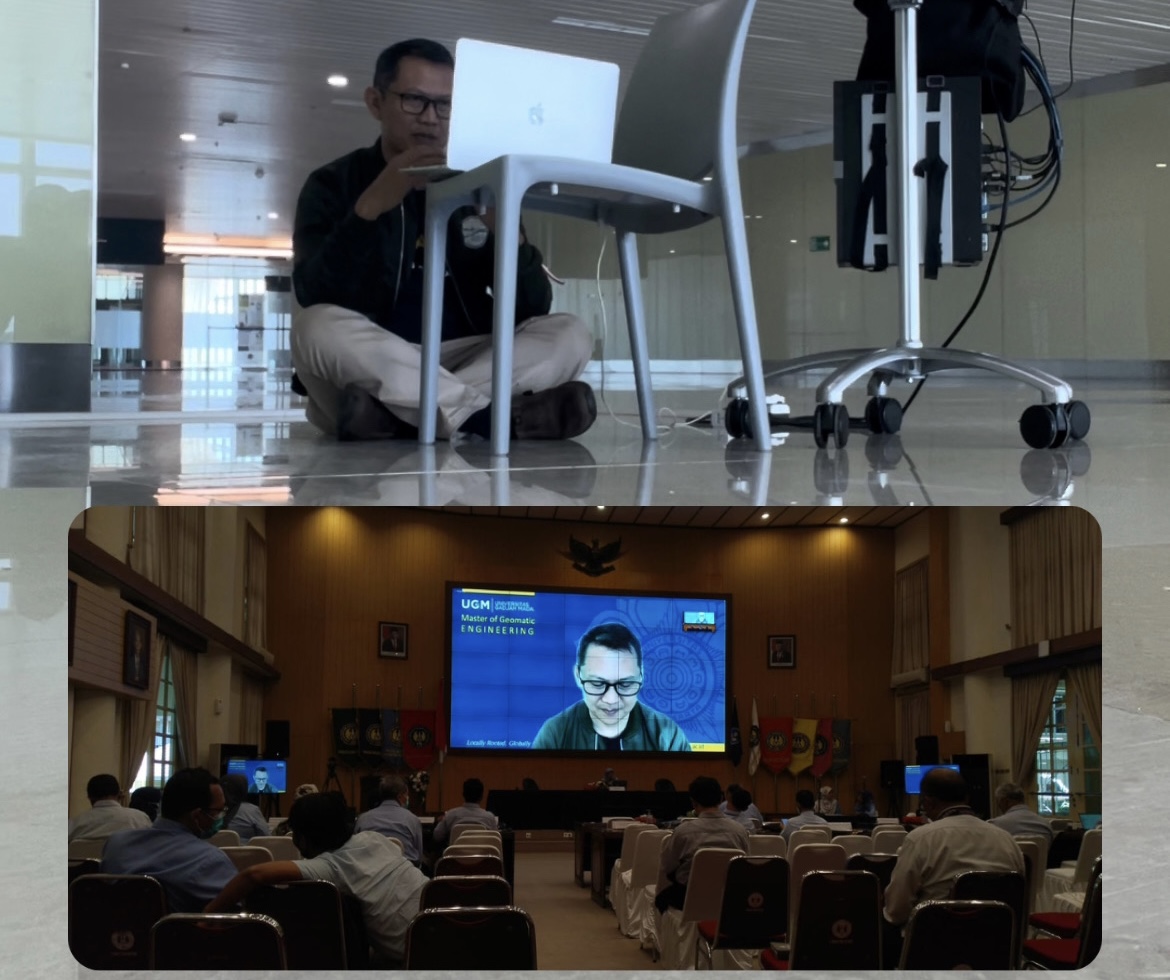It was great to eventually be able to visit Australia after a long absence. To me, Australia feels like my second home. I did spend about ten years in Australia for my master and PhD studies in 2004-2013. Coming back to this country is like coming home. So much memories to share.
Towards the end of 2023, I had an opportunity to attend a short course on Blue Economy organised by the Australian National Centre for Ocean Resources and Security (ANCORS), the University of Wollongong. ANCORS is my alma mater where I did my PhD degree, a beautiful place to study. Wollongong, being a coastal area, is also an ideal place to explore studies on ocean affairs and the law of the sa.
During the one-week workshop on blue economy, we learned some key concepts and practices. Here is the training contents:
Day 1 (Nov 27th): Visit and Discussion with NGO in Sydney (8 hours)
- 8.00 am Arrive SFM: External Site Exploration and Observation, guided by Alistair McIlgorm
- 8.45 Sydney Fish Market (FSM) Balcony Observation and Discussion, facilitated by Erik Poole
- 10.00-12.00 Presentation at Ocean Watch, Fishing Industry NGO, by Lowri Price, CEO
- 14.30-16.00 Tourism Business Processes Observation (from Sydney Harbour to Circular Quay), guided by Lucky Wuwung
Day 2 (Nov 28th): Understanding the Blue Economy (8 hours)
- 09.00-10.30 Introduction and Theory (1 Hour 30 Min) by Michelle Voyer & Alistair Mcilgorm
- 10.45-11.30 Geospatial Dimension of the Blue Economy (45 Minutes) by Ruth Davis
- 11.30- 12.30 Marine Economies, Ocean Accounts and The Blue Economy (1 Hour) by Alistair Mcilgorm
- 13.30-15.00 Blue Economy Policy and Governance by Lucky Wuwung
- 15.15-16.15 Ocean Ecosystems And Conservation by Constance Rambourg
- 16.15-17.00 Sustainable Fisheries: The Significance of Fisheries in the Blue Economy by Alistair Mcilgorm
Day 3 (29th Nov): Best Practices in the Blue Economy (8 hours)
- 9.00-9.30 Key Blue economy issues for Indonesia from Day 1 – review & discussion by Alistair McIlgorm9.30 -10.30 Marine, Coastal Tourism and Recreation by Alistair McIlgorm
- 10.45 -12.30 Emerging Blue Industries by Freya Croft & Michelle Voyer
- 13.30-15.00 Blue Economy Entrepreneurship by Tillmann Boehme & Dominique Benzaken
- 15.15-16.30 Implementing the Blue Economy by Alistair McIlgorm + Multiple staff
- 16.30-17.00 Closing Session: Networking and Next Steps by Alistair McIlgorm + Multiple staff
- Day 4 (30th Nov): Marine Tourism Best Practice (8 hours)
- 08.00 Departure to Jervis Bay
- 10.00-12.00 Tourism Business Processes Observation at Jervis Bay Marine Park.
- 13.00-15.00 Jervis Bay Marine Park Authority visit, presentation by Matt Carr et al
- 14.00 Training closing and preparation for departure
We did learn a lot and have fun too. The group consisted of six people with diverse academic background. The Blue Economy is indeed a multidisciplinary issue where people from various background should work hand in hand collaboratively. The next step for us, the delegates, is to do follow ups on the workshop for the development of blue economy in Indonesia. The road is long and winding but also exciting.
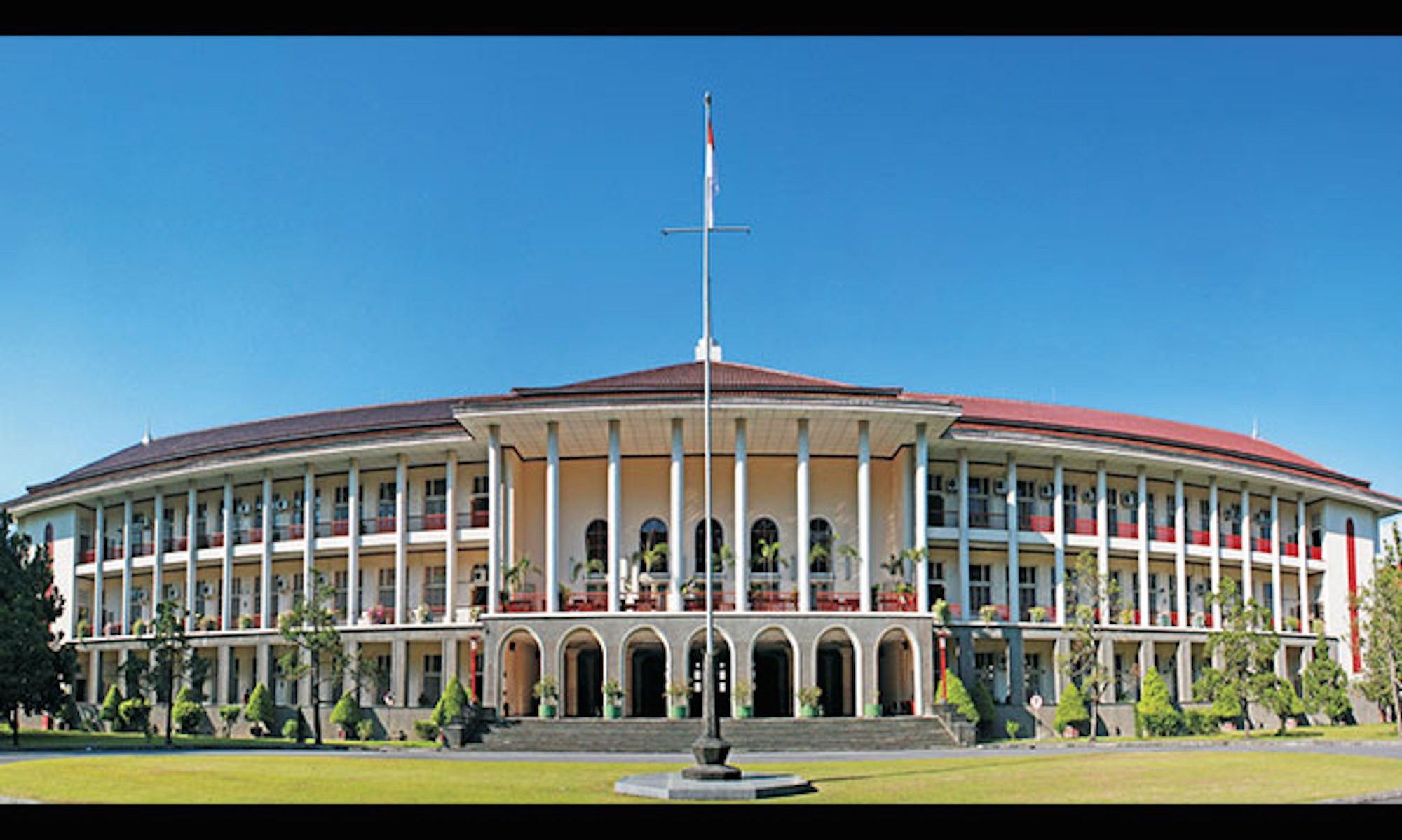

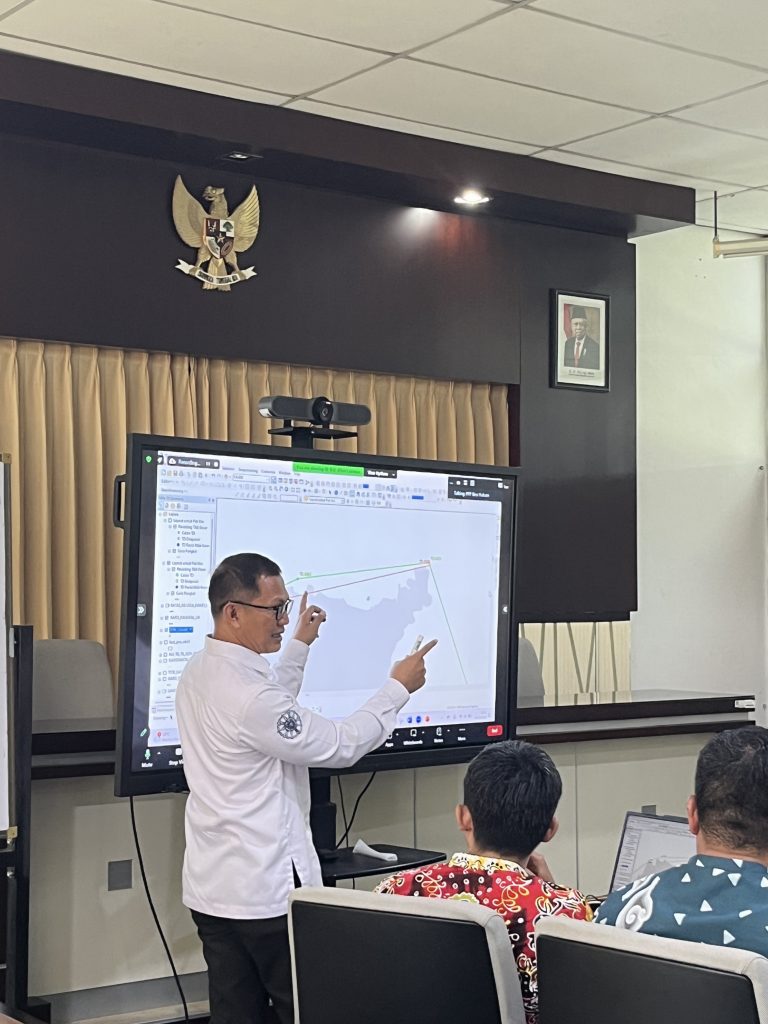

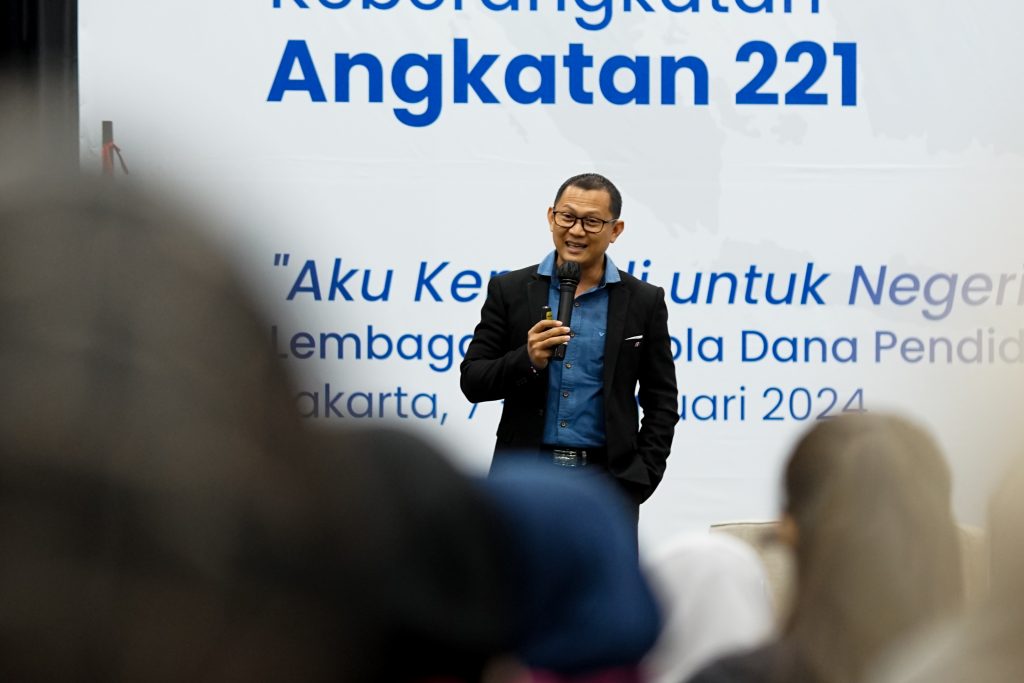
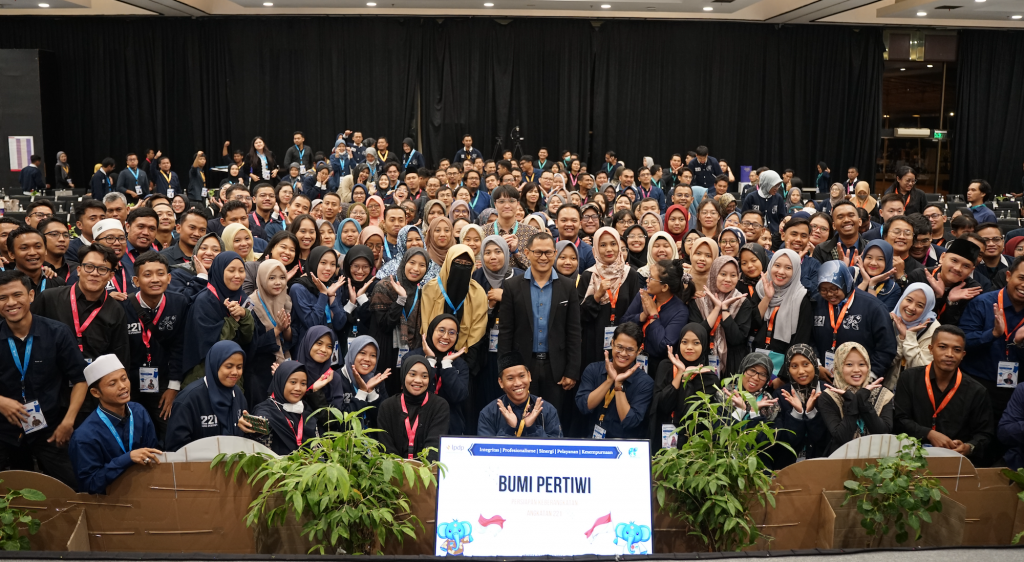



 It was not the first time but it surely was an exciting one. I was honored to be requested to speak at one of the 2023 pre departure preparation programs for LPDP scholars. It was in Jakarta and I had to travel from Jogja for it was an offline event.
It was not the first time but it surely was an exciting one. I was honored to be requested to speak at one of the 2023 pre departure preparation programs for LPDP scholars. It was in Jakarta and I had to travel from Jogja for it was an offline event. I was honoured to be asked to share my views on the application of artificial intelligence in education. It was Pak Tomas, the headmaster of SMP 10 Yogyakarta (junior high school), who came up with the idea. I was invited to share with teachers on the utilization of artificial intelligence in teaching.
I was honoured to be asked to share my views on the application of artificial intelligence in education. It was Pak Tomas, the headmaster of SMP 10 Yogyakarta (junior high school), who came up with the idea. I was invited to share with teachers on the utilization of artificial intelligence in teaching.
